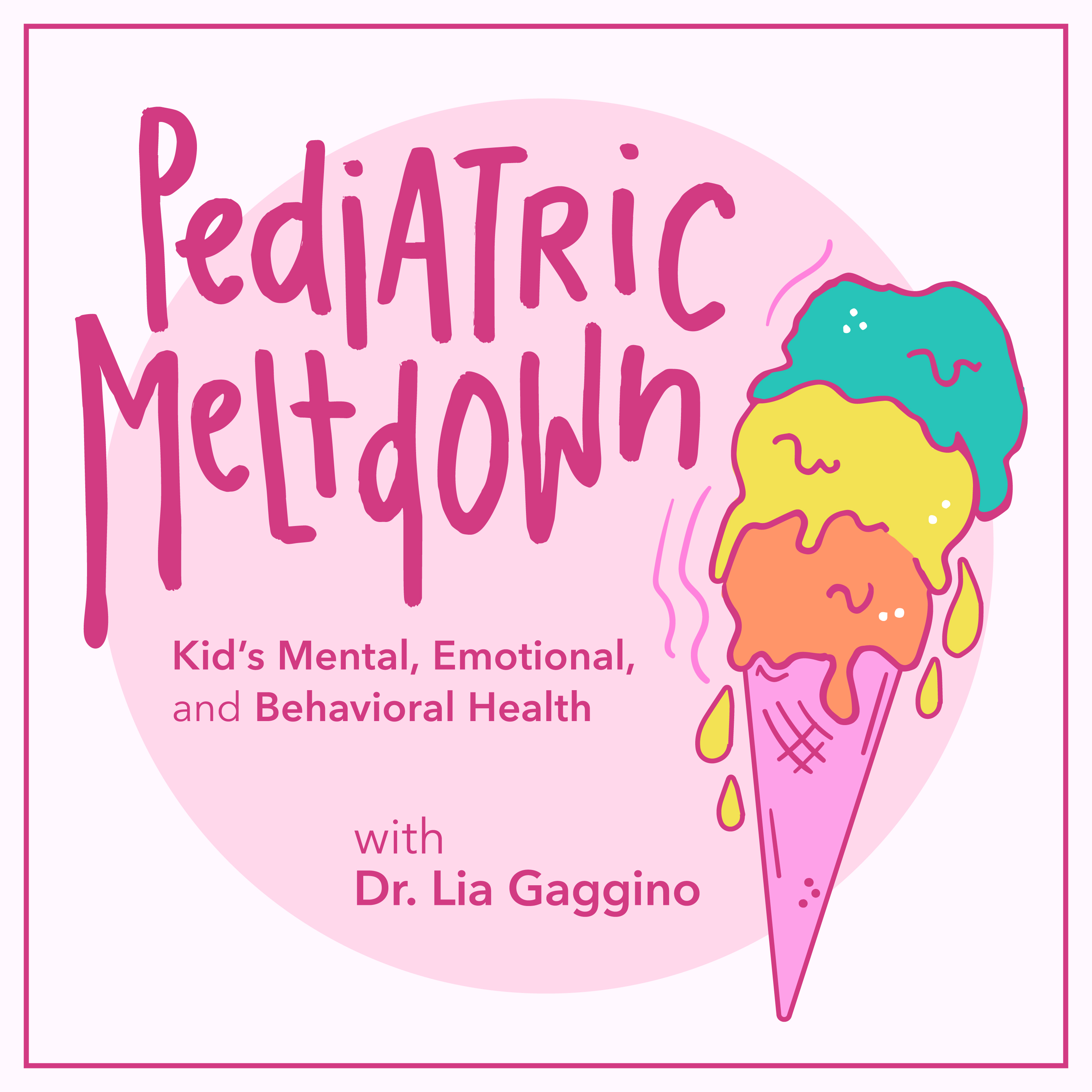
162. Migraine Headaches: Assessment, Management and Relief
Podcast: Pediatric Meltdown
Autor:Lia Gaggino
Attention all parents, caregivers, and medical professionals! Are you ready to take control of pediatric migraines? Then tune in to the latest episode of Pediatric Meltdown with your host Dr. Lia Gaggino, as she teams up with migraine specialists Dr. Sarah Dixon and Dr. Emily Foxen Craft. From debunking common misconceptions to exploring the power of cognitive behavioral therapy, they have all the information you need to effectively manage migraines in children. The Pediatric Headache Echo program is not just a training program, but a game-changer in the world of pediatric headache and migraine care. By equipping primary providers with the knowledge, skills, and confidence to effectively treat and evaluate pediatric headache patients, they are revolutionizing access to high-quality care. In a world where medication and lifestyle modifications often take center stage, it's time to acknowledge the hidden potential of psychology in the pediatric headache and migraine area. By providing information, ideas, and referrals to trusted partners, healthcare professionals can tap into a rich resource that offers holistic support and complements existing treatment options. Let's shift the narrative and embrace psychology as an essential component of comprehensive care. Together, we can unlock the true potential within each patient, empowering them to live their lives free from the shackles of chronic pain. It's time to harness the power of psychology and make a lasting impact on the lives of children and teens with migraines. [00:33 -13:55] Effective Communication StrategiesImportance of using visuals to demonstrate the treatment planUtilizing metaphors and analogies to enhance understandingStep-by-step approach in explaining the treatment process to familiesAddressing concerns about primary and secondary causes of headaches[13:56 - 27:03] Understanding the Importance of Medication in Headache Management Each treatment plan is individualized, considering factors such as age and other health considerations.The approach to medication involves a more rigorous attention to pain hygiene, which may not always be prioritized in regular clinic visits.Understanding the patient's barriers to making small lifestyle changes is a key part of the medication management process.Follow-ups and referrals to specialized providers can help patients manage their medication more effectively.[27:04 - 40:09] Benefits of Specialized Training in Pediatric Headache TreatmentEmpowers participants to become experts in their own centers or communitiesIncreases confidence and competence in evaluating and managing pediatric migrainesEnables healthcare professionals to be the go-to person for headache-related concernsImproves access to high-quality care for children and teens in their own communities[40:10 - 47:27] Resources for Migraine Education and SupportExplore the American Migraine Foundation for comprehensive informationUtilize the timeline infographic to educate families about migraine headachesConsider partnering with organizations to expand awareness and supportShare online tools for medication management and tracking[47:28 - 54:20] Closing segment TakeawayYou can reach Dr. Emily Foxen [email protected] Links to resources mentioned on the showInternational Classification of Headache Disorders (ICHD): https://ichd-3.org/1-migraine/American Migraine Foundation...
Fecha de Publicación: 4 de octubre de 2023
Duración: 55 min
Añadir a Playlist

Episodios Relacionados
-
249. The Pediatric Meltdown Podcast: Behind the Scenes junio 4, 2025
-
248. Conversation with My Daughter: Soft Body Baddie mayo 28, 2025
-
247. Human Trafficking: What Pediatric Clinicians Must Know mayo 21, 2025
-
246. Pediatric Psychopharmacology: Tips for Prescribers mayo 15, 2025
-
245. When Sadness Looks Like Anger: Rethinking Pediatric Depression and Behavioral Activation mayo 7, 2025